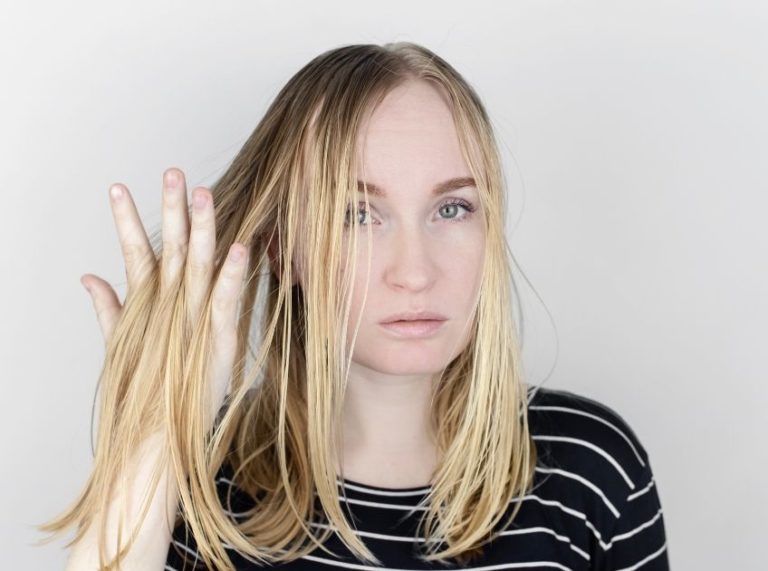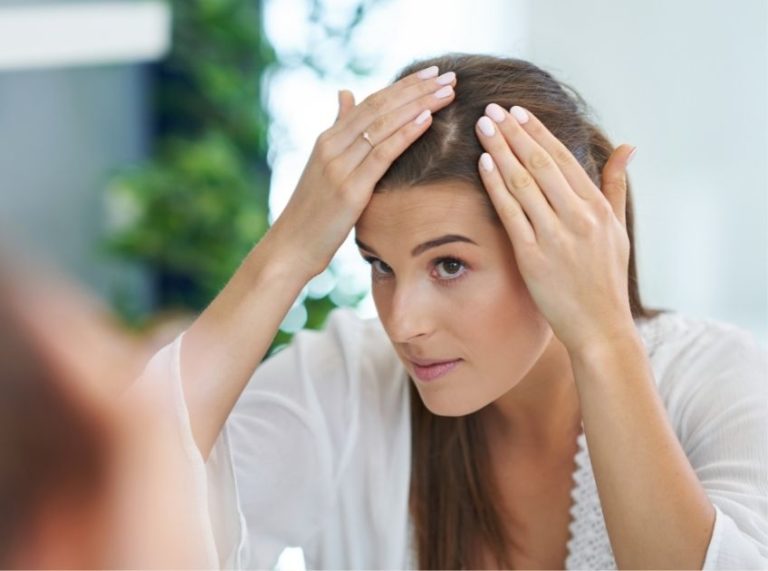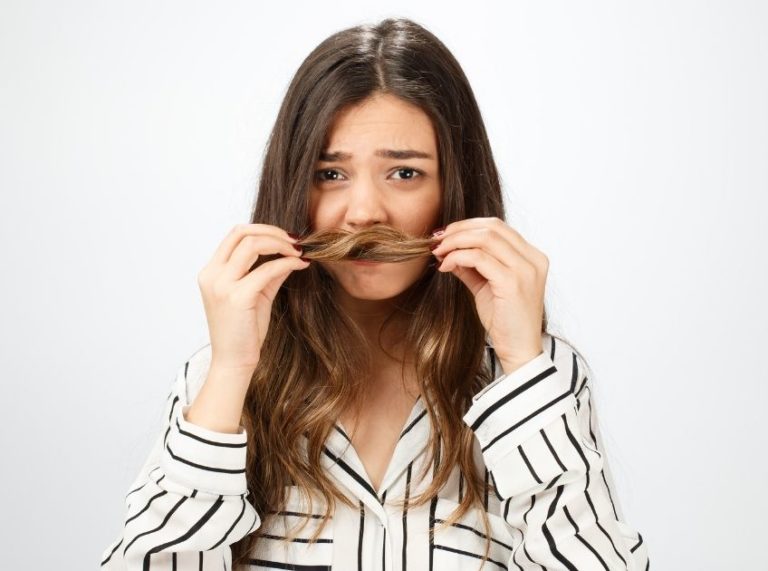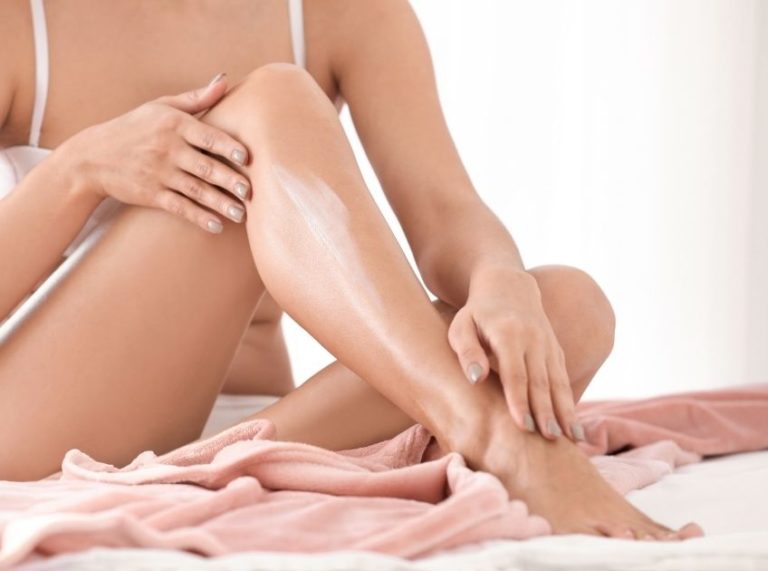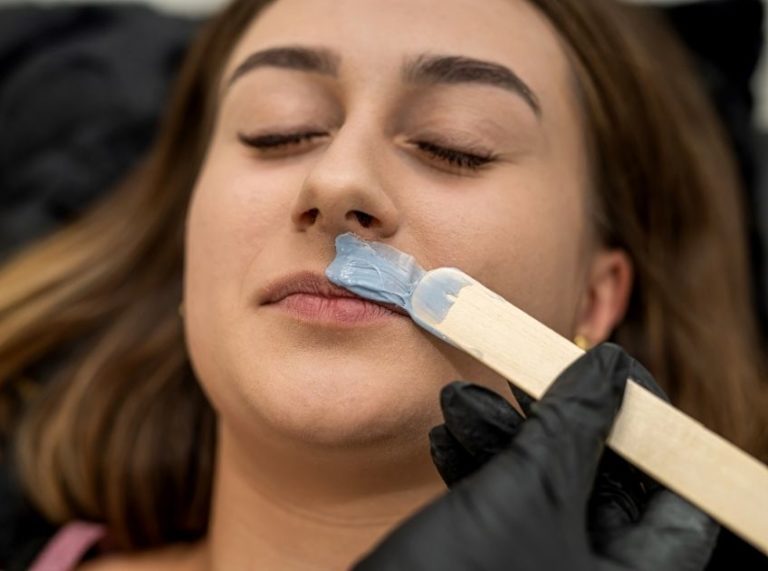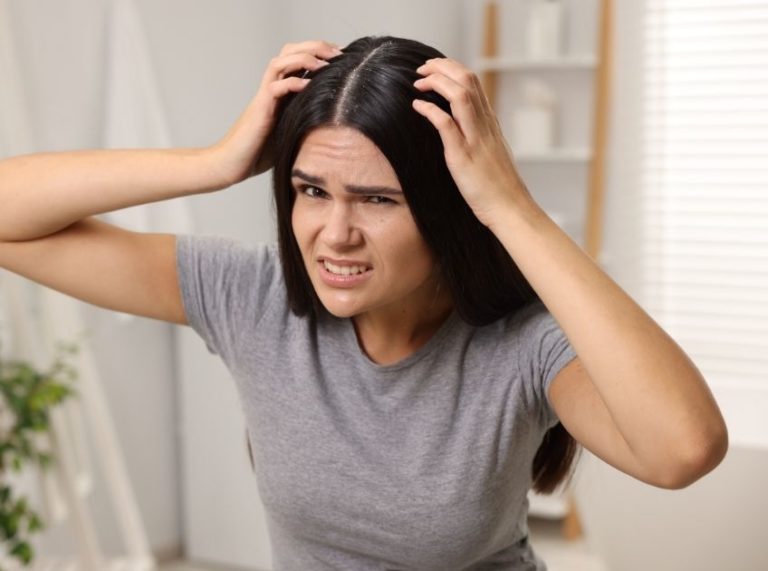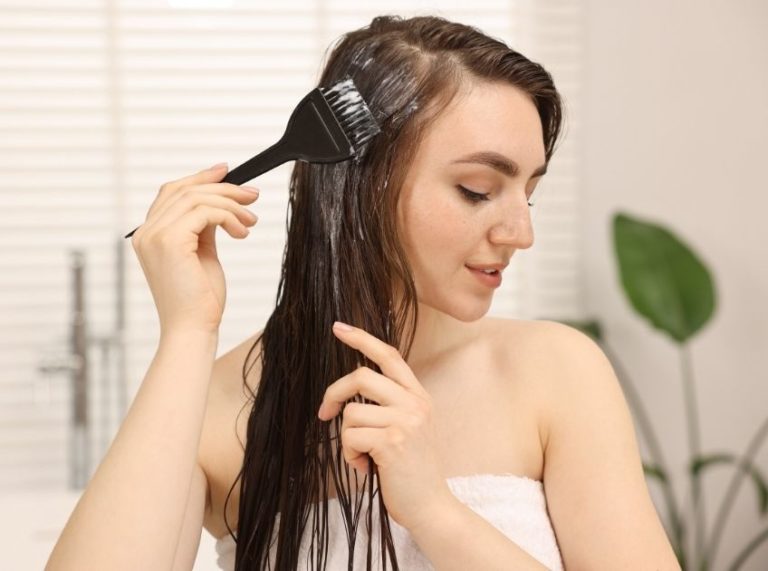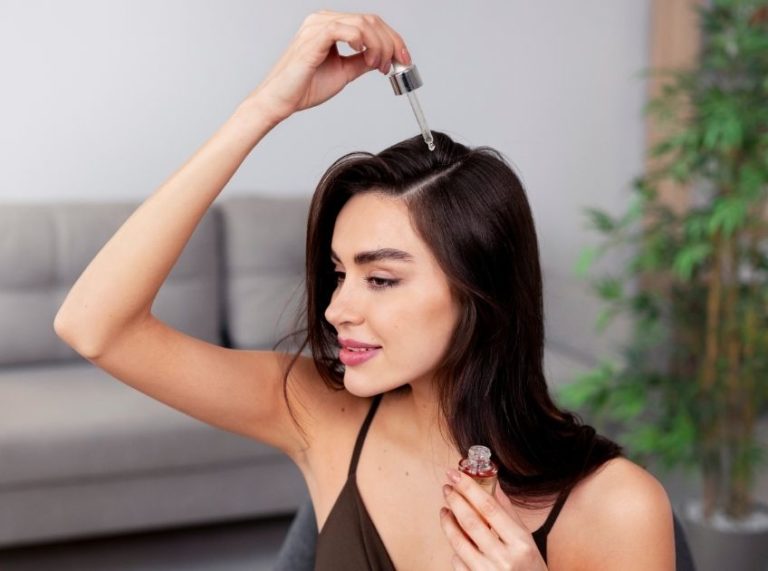
Important: This article is for informational purposes only. Please read our full disclaimer for more details.
Hitting your 50s often brings noticeable changes in your hair—thinning, dryness, greying, or even scalp sensitivity. But this doesn’t mean you have to settle for lifeless locks. With the right care tailored to aging hair, you can restore strength, shine, and confidence at any age.
What Happens to Your Hair as You Age?
As we age, hair gradually becomes finer, drier, and more brittle. The scalp also produces less sebum (natural oil), which can lead to dullness. Greying hair has a different texture, often feeling wirier or coarser. Hair follicles shrink or slow down, causing a reduction in volume and density over time.
Why Does Hair Thinning and Shedding Increase After 50?
Hormonal changes, particularly reduced estrogen and progesterone levels during menopause, contribute significantly to hair loss. These hormones help keep hair in its growth phase, and their decline can lead to more hair shedding.
Additional triggers include:
- Nutrient deficiencies (like iron, zinc, or vitamin D)
- Thyroid issues or autoimmune conditions
- Chronic stress or poor sleep habits
- Years of heat styling or chemical processing
A 2019 study in the International Journal of Women’s Dermatology confirms that postmenopausal women often experience “female pattern hair loss,” particularly along the crown and part line.
How to Care for Your Hair After 50: Smart Tips That Work
Caring for aging hair means treating it more gently while giving it targeted nourishment. Here are expert-recommended strategies:
- Switch to a Sulfate-Free, Moisturizing Shampoo: Avoid harsh cleansers. Look for formulas with biotin, keratin, or gentle plant oils.
- Deep Condition Weekly: Hydrating masks with argan oil, shea butter, or collagen can bring moisture back to dry strands.
- Limit Heat and Chemical Exposure: Reduce blow-drying, coloring, and straightening. Use heat protectant sprays if styling is necessary.
- Scalp Care is Key: Use scalp serums with peptides or caffeine to boost circulation and follicle health.
- Choose Volumizing, Lightweight Products: Heavy serums or creams can weigh hair down. Opt for airy mousses or volumizing sprays.
- Trim Regularly: Keeping ends healthy minimizes breakage and gives a fuller appearance.
- Eat Hair-Healthy Foods: Salmon, nuts, leafy greens, and eggs are rich in proteins, iron, and omega-3s, essential for stronger hair.
What Science Says About Hair Aging—and What You Can Do
Hair aging is tied to several biological processes:
- Miniaturization of follicles reduces strand thickness
- Melanin depletion leads to graying
- Oxidative stress contributes to scalp inflammation and premature aging
Studies like those published in the Journal of Dermatological Science have shown that antioxidants (like vitamins C and E) and topicals containing caffeine, minoxidil, or saw palmetto may help slow these effects and support regrowth (1)(2).
When Should You Talk to a Dermatologist About Hair Loss?
If you notice:
- A widening part or a thinning crown
- Excessive shedding (more than 100 hairs/day)
- Itchy, inflamed, or scaly scalp
- Sudden or patchy hair loss
It’s time to consult a dermatologist. Conditions like androgenetic alopecia or scalp psoriasis may need prescription treatments. Blood tests can also identify underlying nutritional or hormonal imbalances.
Frequently Asked Questions (FAQ’S)
1. Can I dye my hair after 50 without damaging it further?
A. Yes, but opt for ammonia-free, low-peroxide formulas. Deep condition after coloring to restore moisture and avoid frequent touch-ups.
2. What’s the best haircut for thinning hair over 50?
A. Shorter, layered cuts (like a bob or pixie) can give the illusion of volume and reduce weight on the roots.
3. Are hair supplements effective?
A. Supplements with biotin, collagen, iron, and vitamin D may help, but always check with your doctor before starting a new regimen.
Age Doesn’t Define Your Hair—Your Routine Does
With a few smart adjustments, hair after 50 can still look vibrant, full, and healthy. From embracing gentler care to using targeted treatments, it’s possible to age gracefully while keeping your strands strong and stylish. It’s never too late to start giving your hair the love it deserves.


